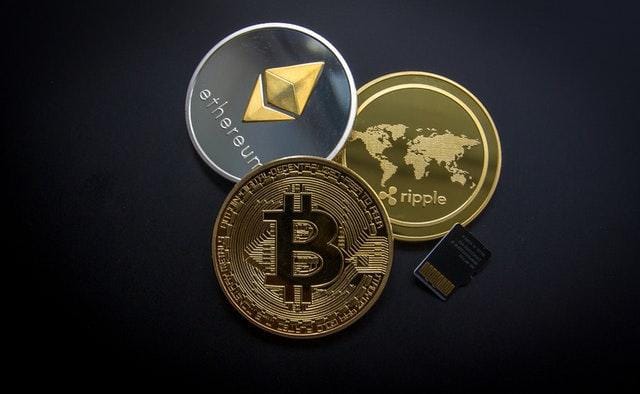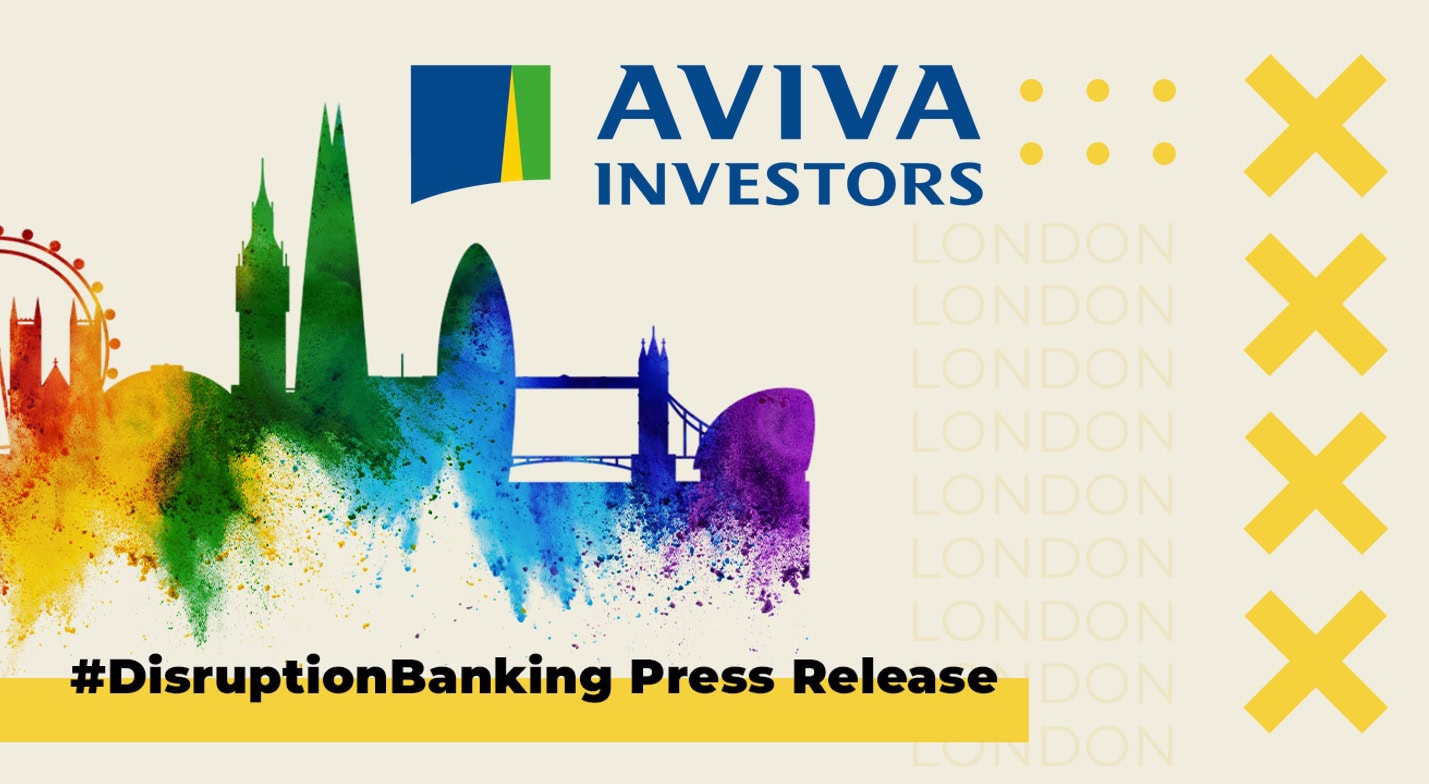For over a century, trusted institutions, including central and commercial banks, have been managing money. They print money, set interest rates, process payments and safeguard savings. As a result, this system has become ingrained in people’s daily lives. That’s why people go to the bank when they want a loan, to a payment provider when they want to transfer money abroad and to a broker when they want to invest.
However, this reliance on third parties could soon change because the rise of digital assets has opened the door to an alternative. While much of the attention was initially on cryptocurrency prices, people are quickly changing their perspectives about these assets. In fact, you may actually be surprised to learn that, according to Acropolium, over eight in ten top public companies now use blockchain technology to improve their operations.
In the finance sector, things are no different. Data from Cognitive Market Research shows the global blockchain finance market could expand from $22.4 billion in 2025 to $194.015 billion by 2033. This is because infrastructures like decentralized finance (DeFi) are quickly changing how people transact and access their funds.
DeFi amid the prevailing need for fast and seamless payments
Another point of interest, according to Projective Group, 78% of businesses intend to invest in real-time payments within the next few years. Modern consumers are fast-paced and do not expect their funds to be delayed. Testlio says providing such frustrating experiences can reduce conversion rates by up to 20%.
Such statistics explain why businesses are welcoming crypto-based technologies. Agreeing with this trend, David Princay, President at Binance Research, says, “We continue to see strong interest in crypto from institutional investors and corporate treasuries (and even from sovereign wealth funds), and naturally their primary interest is in Bitcoin as the most established cryptoasset.”
Crypto-based technologies like DeFi are attractive because they don’t require third parties to complete transactions. Remember, these third parties often cause payment delays by lengthening the approval processes. However, since DeFi eliminates all that, it ensures consumers can receive their money in no time.
Mark you: Grand View Research predicts that the global real-time payment market will jump from $17.6 billion to $123.3 billion by 2030. This means the world is shifting to these payment options, and not adjusting could negatively affect your company’s competitiveness. This provides good grounds for DeFi’s further reception.
Meeting the needs of trust-driven audiences
The blockchain industry is already working hard to meet the growing need for secure interactions. In a recent statement, Nils Andersen-Röed, the Global Head of FIU at Binance, said, “At Binance, we are committed to fostering a maturing crypto ecosystem where innovation, regulation, and security work hand in hand. Joining the T3+ initiative reflects our dedication to proactive collaboration with industry partners and law enforcement to combat illicit activity in real time.”
The increasing number of stakeholders working hard to improve security makes the crypto space attractive to investors. This partly explains why decentralized finance activities have been increasing. Of course, with the growing number of online attacks, people don’t want to transact in an insecure environment. And that’s why, for a long time, people have been depositing funds; they trust banks to safeguard them.
But instances like the recent collapse of Silicon Valley Bank raise the question of whether these traditional systems are really trustworthy. And that’s where decentralized finance comes into play. It works by replacing institutional trust with mathematical trust using smart contracts, which are auditable and governed by a transparent code. So, instead of trusting a bank not to misuse your deposits, you trust that a piece of code will execute exactly as written.
Well, that’s not to mean DeFi is without risks. Decentralized finance protocols YTD 2025 losses exceed $1.1B, reports theblock.co. The key difference with DeFi is visibility. Unlike traditional finance, where risks are often hidden until it’s too late, this technology ensures anyone can inspect the contract logic.
Opening doors to the unbanked
Consider an experience where a farmer in rural Africa can secure a loan without needing any paperwork. Such experiences can really be handy for many people, especially the unbanked. As much as the world has made significant strides in terms of financial inclusion, there is much more work to be done.
A recent World Bank report revealed that ~1.4 billion unbanked (2024 est.). That’s a large number for an organization seeking global influence. And only relying on traditional payment options already disqualifies you from effectively targeting this unbanked population.
Thanks to DeFi technology, you can now get ahead of these challenges. All that consumers will need to access your services is a smartphone and a good internet connection. Besides widening your reach, DeFi could help show your commitment to innovation, which may lead to a better brand reputation.
As customer acquisition and retention costs increase, organizations are turning to more efficient technologies to maintain relevance. DeFi, for instance, helps address the growing need for inclusive, fast and secure payments. Given that these needs are non-negotiable, more businesses should welcome decentralized finance, explaining why it will likely be the future of money.

















